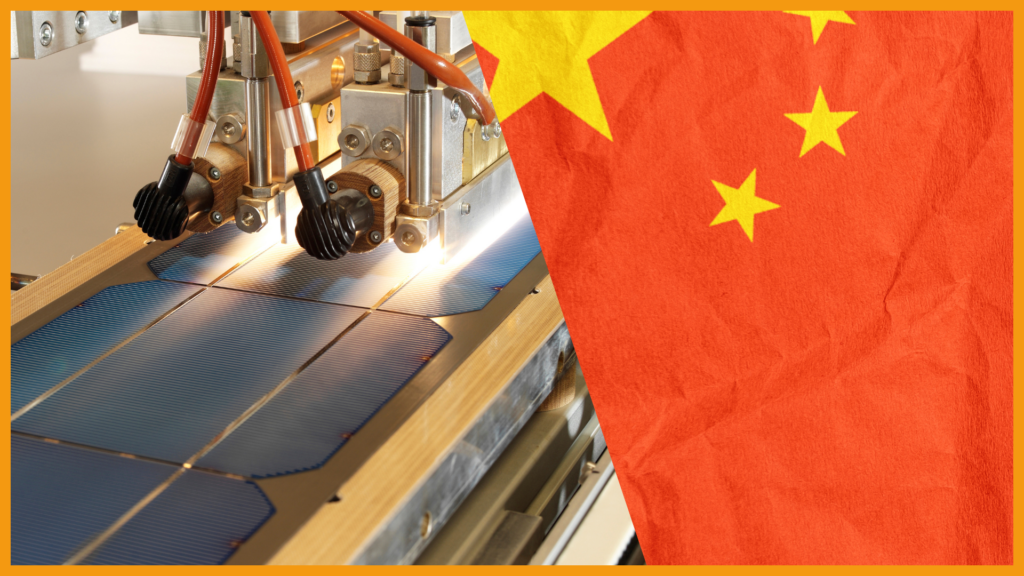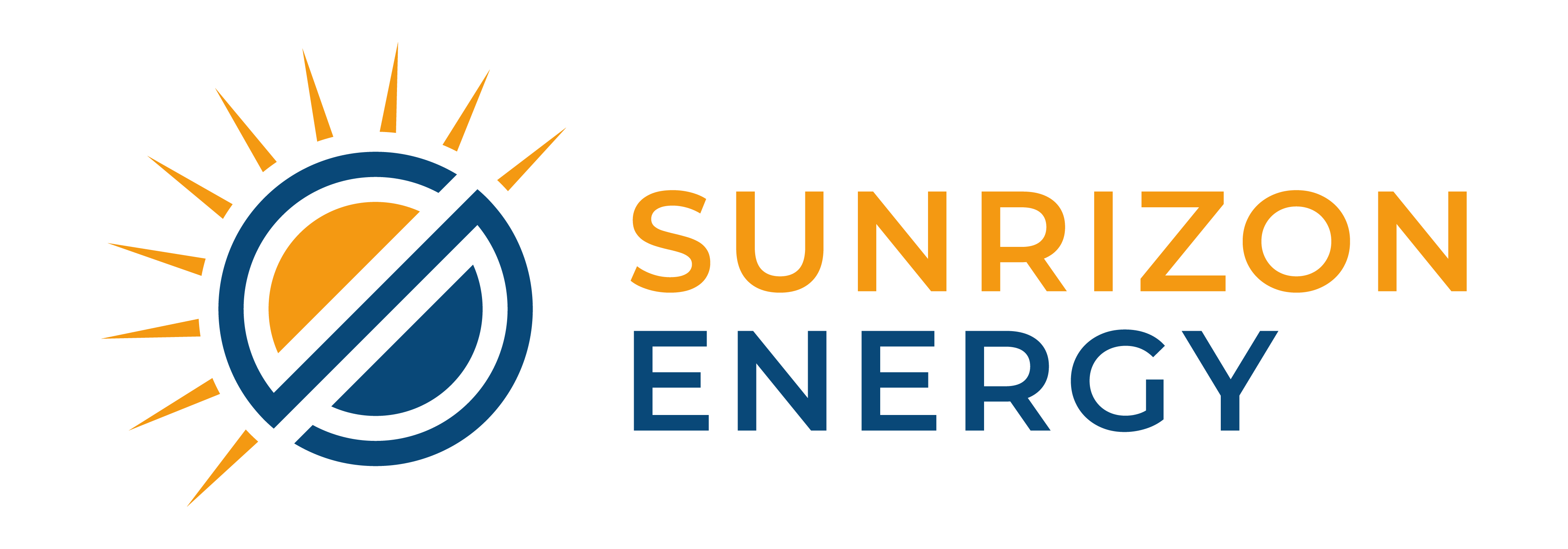
Chinese companies are capitalizing on significant government subsidies and low-cost production to solidify their presence in the US market. This advantage allows them to undercut US manufacturers on price, making their products appealing to many solar installers. However, the long-term quality and benefits of these products often remain under-scrutinized, potentially leading to issues down the line.
Rising Dependence on Chinese Firms
- Chinese companies are capitalizing on significant government subsidies and low-cost production to solidify their presence in the US market. This advantage allows them to undercut US manufacturers on price, making their products appealing to many solar installers. However, the long-term quality and benefits of these products often remain questionable, potentially leading to issues down the line. Consequently, during initial sales pitches, some sales representatives fail to clearly disclose the manufacturer of the solar panels. For more on the challenges of misinformation in solar sales, explore our in-depth article on the risks of misleading solar sales tactics.
Impact of the Inflation Reduction Act (IRA)
- The Inflation Reduction Act (IRA), designed to bolster US clean energy production and reduce dependence on traditional energy sources, is ironically benefiting Chinese firms. These firms utilize the same federal subsidies intended for US companies, thereby strengthening their position in the US market instead of supporting domestic growth as intended.
The Assembly vs. Production Dilemma
- While Chinese firms build assembly plants in the US, the core components like solar cells are largely imported from China. This scenario means that much of what is considered US manufacturing is merely the assembly of components made abroad, which does little to foster a robust domestic production capability.
Economic and Security Implications
- The control of the solar supply chain by Chinese companies poses not just economic challenges for the US, but also security risks. Relying on foreign-made solar panels and components could expose the US to geopolitical pressures and supply chain disruptions, especially as the nation leans more towards solar power.
The increasing reliance on Chinese solar manufacturing is a complex issue that requires careful consideration and strategic action. By addressing these challenges head-on, the US can secure a more sustainable and independent energy future.
Further Reading:
For deeper insights into the dynamics of the global solar industry and the impacts of U.S. policies, visit the U.S. Department of Energy – Solar Energy Technologies.


